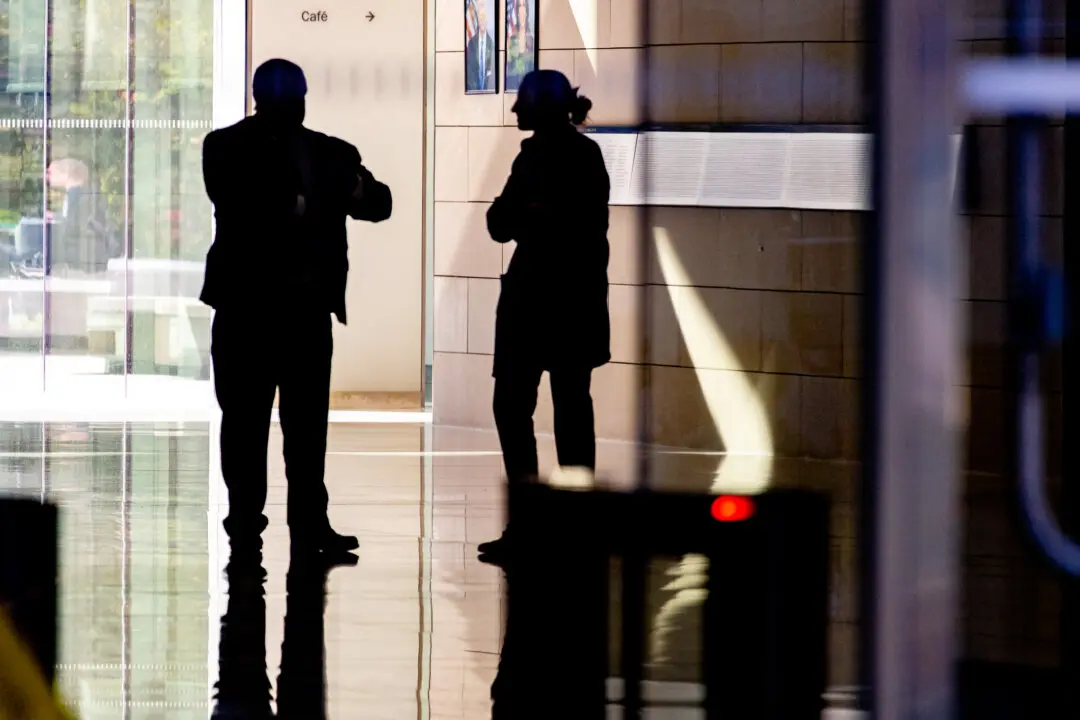LOS ANGELES—Marilyn Flynn, an 84-year-old former dean of the University of Southern California’s (USC) School of Social Work—who admitted to bribing longtime Los Angeles politician Mark Ridley-Thomas while he served on the county Board of Supervisors—was sentenced on July 24 to three years probation and ordered to pay a $150,000 fine.
U.S. District Judge Dale S. Fischer also granted the prosecution’s recommendation of 18 months of electronic monitoring during Ms. Flynn’s term of probation. The judge rejected a defense argument for two years probation without home confinement and a fine of $100,000.





